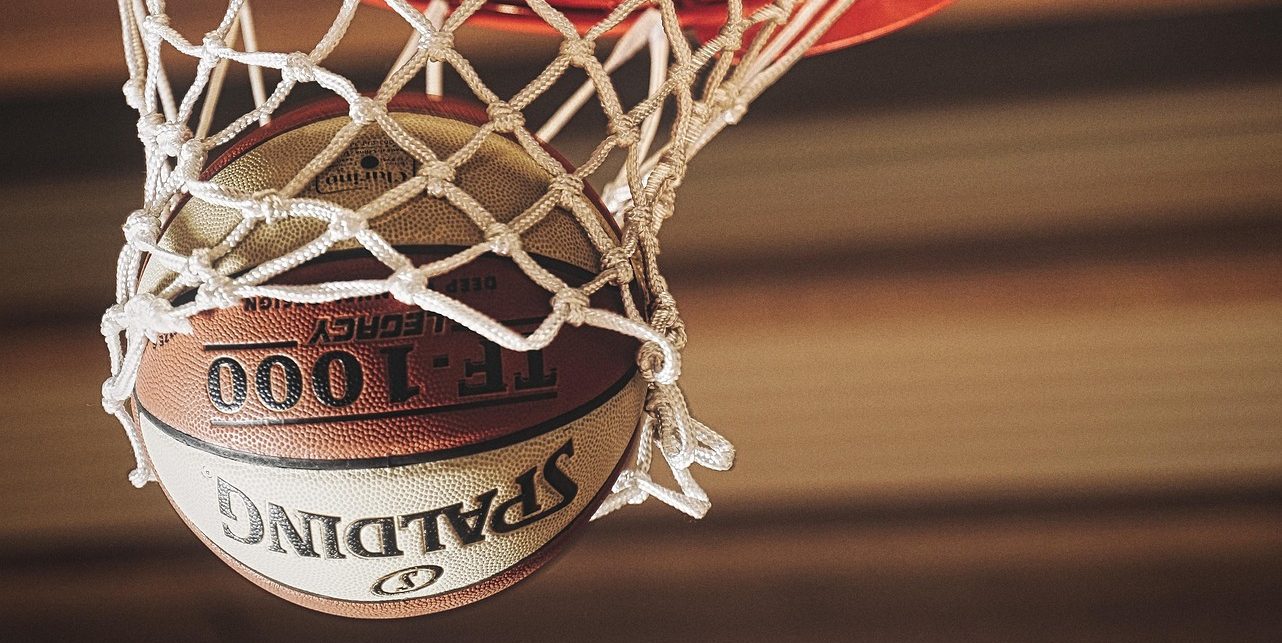Fifty years of friendship, still going strong

OTTAWA—Fifty years of friendship, and still going strong.
Every September, for the past several years, I have been getting together with the women who played on my high school basketball team a half-century ago.
They were winners then, and they are winners now. Every couple of years, we take a longer trip than our usual three-day lake getaway.
Three years ago, we landed in Prince Edward Island on the eve of Hurricane Fiona. Our plans to see Rick Mercer at the Confederation Centre and to eat copious amounts of lobster were all blown away when the lights went out on the island for several days.
But like good former Girl Guides, when handed these lemons, we made lemonade.

During the storm, we huddled in the living room far away from the windows to avoid the possibility of any smashing glass hitting us.
A giant tree cracked in half in the backyard of our century-old holiday home, and we peered out the window to bear witness to the damage.
Thankfully, it fell perpendicular to residences in the area, and simply lay grounded in forlorn glory, a witness to the power of Mother Nature.
The next day, we roamed the streets, in awe of the massive damages left in the wake of the storm. But we sighed with relief as there was no loss of life.
We got T-shirts printed with “We survived Fiona,” and bragged to our friends back home about how brave we were.
Fiona was one of the many adventures we have shared together.
But the most important adventure is the chance to compare notes on our changing lives.
The changes are not just personal, they are also global.
As basketball afficionados, we get into discussions about how to deal with the gender issues facing sport, our favourite subject.
We are all thrilled to see the emergence of women’s professional sports teams, something that we could never have envisioned in the years we went undefeated as Bishop Ryan High School regional champions in Hamilton, Ont.
Unlike the boys, when we were young, there was no chance of actually making a career in the sport we loved because beyond college games, there was zero to look forward to.
Today, we have women competing in soccer, hockey, and basketball, and their audience reach—including television spectators—is enormous.
The rules have also changed.
When it comes to gender, much has been written recently about trans women competing in female sports.
Our coach, Cecilia Carter-Smith, didn’t have to worry about trans competition when she competed in the Commonwealth Games in Jamaica in 1966. Instead, she had to worry about proving that she was a woman.
There was no DNA testing in those days, so in order to qualify for her track events, she was ushered into a room, stripped down and made to cover her naked self with a sheet, while two men entered the room. Their assignment: to prove the existence of her breasts and vagina.
Without visual confirmation by men, she could not compete.
In the next Games, they developed a swab test. To this day, Coach (as we still affectionately call her) carries a card in her wallet that reads as follows: “On the occasion of The IX British Commonwealth Games held in Edinburgh (Scotland) in July 1970, Mademoiselle Cecilia Smith…from Canada…has had a buccal smear examined which was found to be sex chromotin positive. This satisfies the requirements for competition in women’s events.”
Chromosome tests ruled in those days, and as far as Coach is concerned, that should still be the case. She does not support transgendered women being allowed to compete with other females because their birth chromosomes as males give them an advantage.
Smith cited a famous swimming case in the United States when a young freshman competed as a man, transitioned to female, and then returned to university to swim as a woman. Lia Thomas won the national women’s freestyle 500-metre in 2022 before being banned from competing against other women by World Aquatics.
Thomas lost a legal challenge to the prohibition, but her case became a touchstone in the transgender debate.
Our coach supports the expulsion decision by World Aquatics, saying the capacity of Thomas’ lungs did not change when she changed her gender, therefore her body composition and size gives her an unfair gender-based edge in competition against other women.
Some of the rules that we faced 50 years ago are worth throwing out.
But when it comes to sport, the swab test affirming gender stands the test of time.
Sheila Copps is a former Jean Chrétien-era cabinet minister, and is a former deputy prime minister.
The Hill Times






 LICENSING
LICENSING PODCAST
PODCAST ALERTS
ALERTS


